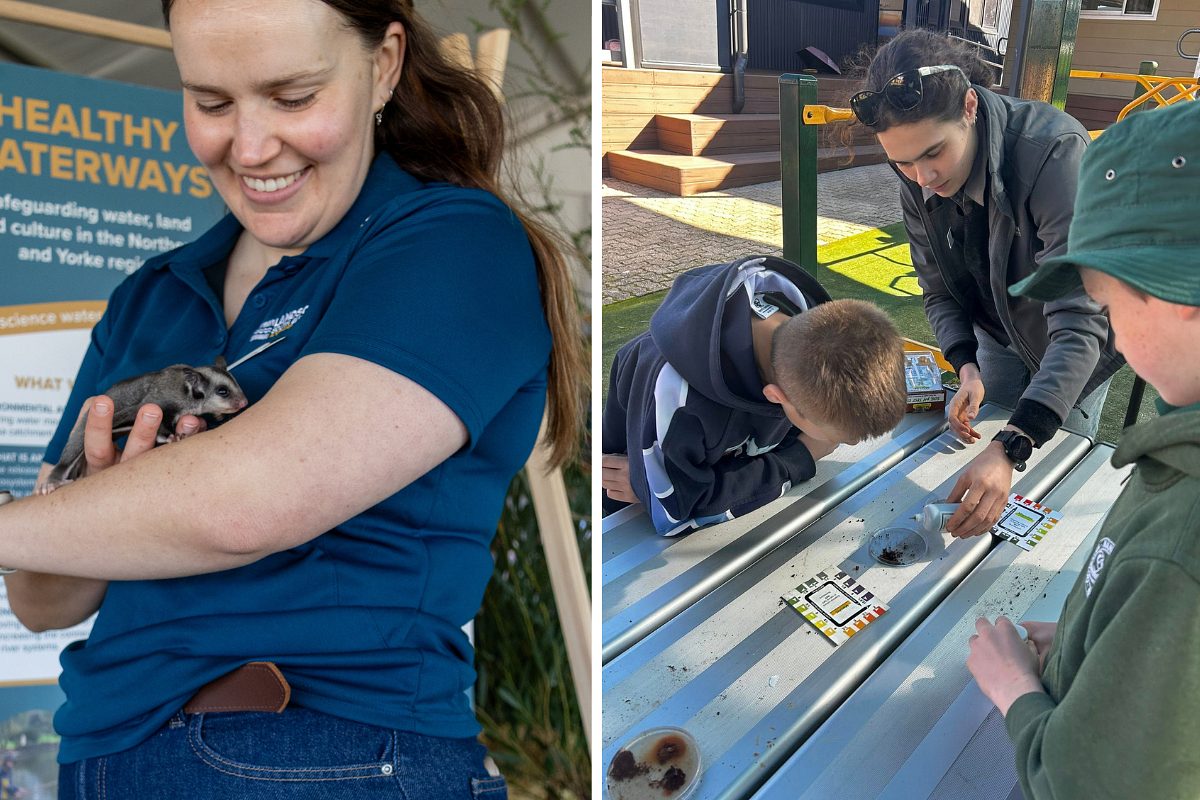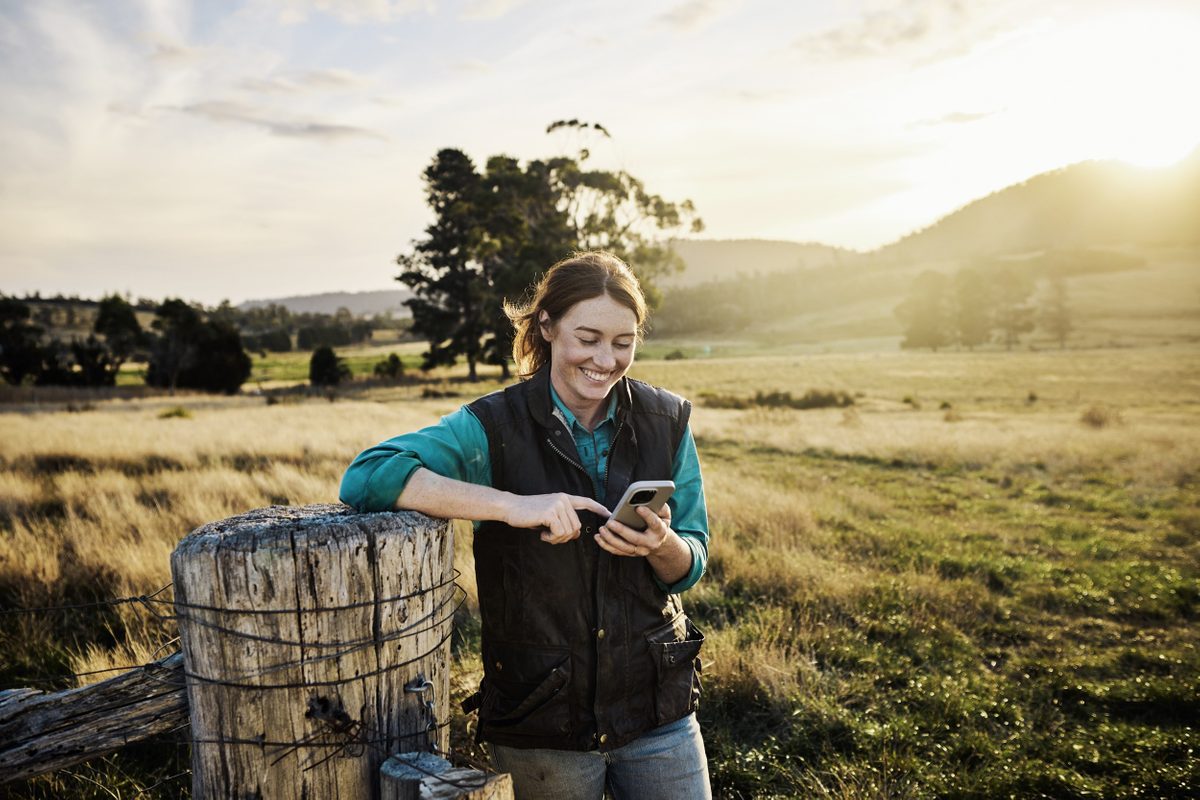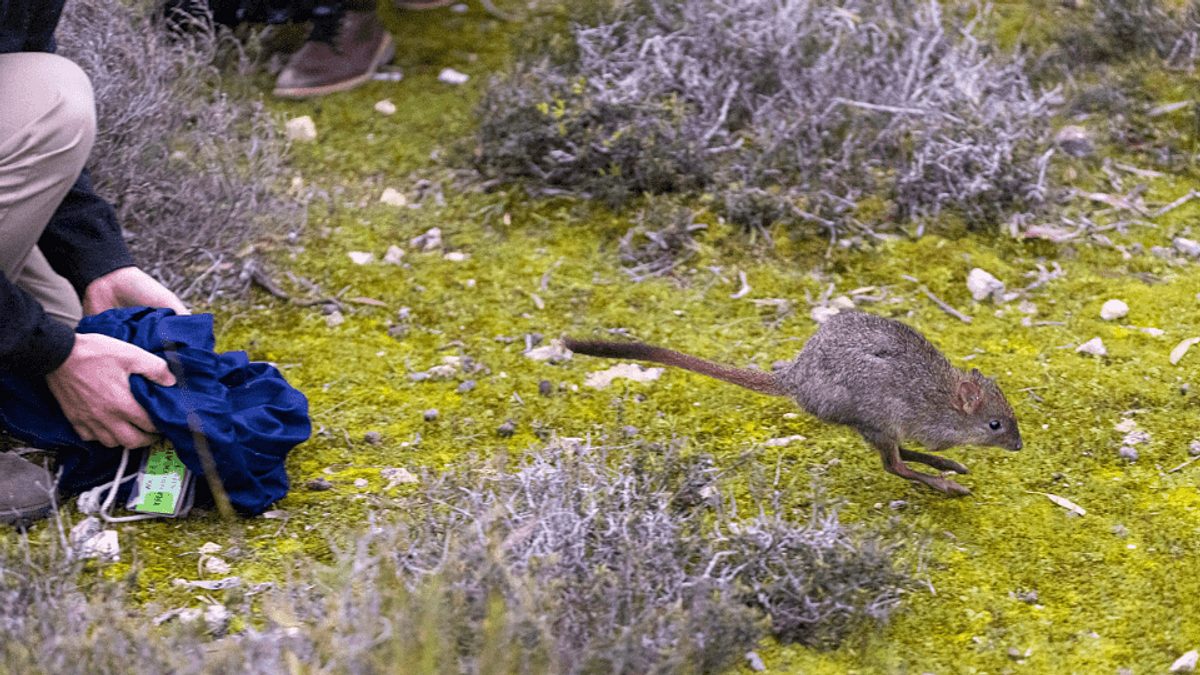YP canola growers sought for Naturally Yorke initiative
The Naturally Yorke Community Action Planning (CAP) group and research partners from Trees for Life and the University of Adelaide are seeking Southern Yorke Peninsula canola farmers to take part in an exciting research opportunity investigating the role that native plants play in supporting pollination of canola crops.
The Naturally Yorke Community Action Planning (CAP) group and research partners from Trees for Life and the University of Adelaide are seeking Southern Yorke Peninsula canola farmers to take part in an exciting research opportunity investigating the role that native plants play in supporting pollination of canola crops.
University of Adelaide bee researcher Dr Katja Hogendoorn has found that in addition to feral and hived honey bees, there are at least eight species of native bees known to pollinate canola crops on Yorke Peninsula.
"Research conducted interstate and overseas has indicated that good pollination can increase canola value by 10 to 15 %, through improved yield and quality," Dr Hogendoorn said.
"Native pollinators can reach high densities provided they have access to sufficient sources of pollen and nectar, both outside canola flowering time and in years of grain rotation, which do not provide bees with food."
Dr Hogendoorn said historic widespread clearance of native vegetation on Yorke Peninsula has reduced the quantity and diversity of floral resources for bees and is causing nutritional deficiencies in the landscape, which reduces bee numbers.
"Diversity of flowering plants, both in space and over time, enhances bee health and free pollination services.
"Planting native plants that provide bees with a variety of pollen and nectar will increase the health of all bee species across the Yorke Peninsula.
"This will also help us to prepare for the foreseen incursion of the Varroa mite, which will decimate free pollination by feral honey bee populations, as has already occurred overseas."
The project involves revegetation using the most suitable plants for Yorke Peninsula’s pollinators, either by planting tubestock or direct seeding small plots adjacent to canola crops, and will be overseen by Trees for Life Direct Seeding and Carbon Program Operations Manager Dennis Hayles.
"Areas already with trees and large shrubs that may be suitable for understory planting, or bare areas not under cropping, such as fence lines or access track verges, would be ideal for this project," Mr Hayles said.
Planting design will be decided in collaboration with landholders and bee specialists, and dependent on the area of land available for planting.
The research is supported by AgriFutures Australia through funding from the Australian Government Department of Agriculture and Water Resources as part of its Rural R&D for Profit Program.
For more information about the project please contact Dennis Hayles of Trees for Life on (08) 8406 0500 or dennish@treesforlife.org.au.
Ends
This project is supported by AgriFutures Australia, though funding from the Australian Government Department of Agriculture and Water Resources as part of its Rural R&D for Profit Program, as well as Horticulture Innovation Australia. The project is being led by The University of Adelaide with further support from Adelaide and Mount Lofty Ranges Natural Resources Management Board, Department of Environment and Water SA, Apple and Pear Growers Association SA. Lucerne Australia, Almond Board of Australia, Native Vegetation Council, Northern and Yorke Natural Resources Management Board, O’Connor NRM, Primary Industries and Regions SA, South Australian Apiarists Association, Terrestrial Ecosystems Research Network Eco-Informatics, Trees for Life and Greening Australia.
For more information visit: http://www.agrifutures.com.au/securing-pollination/


